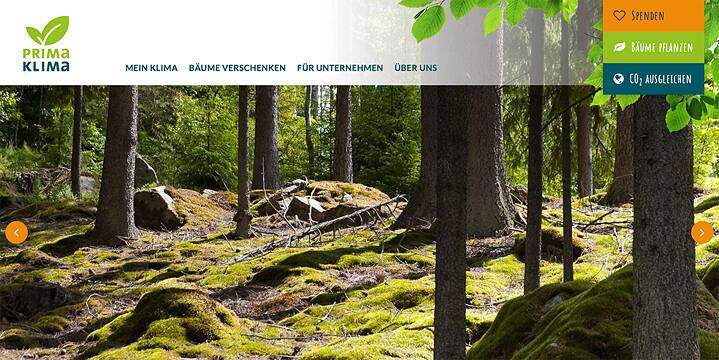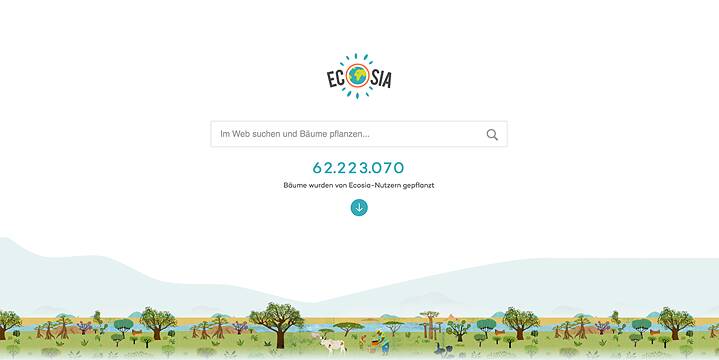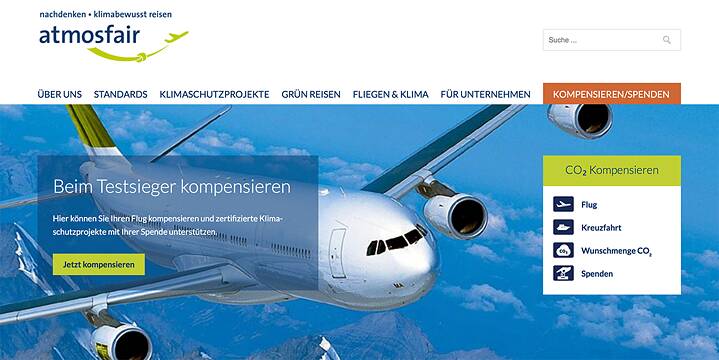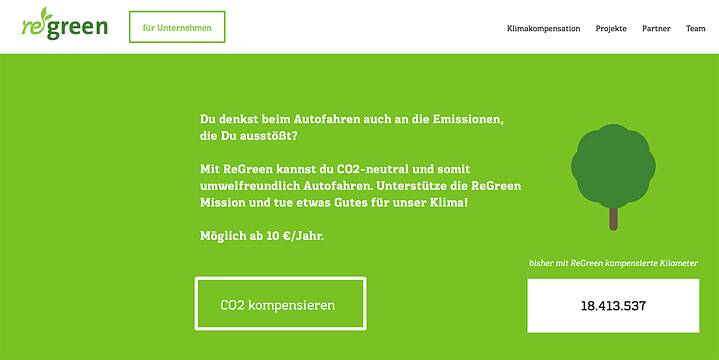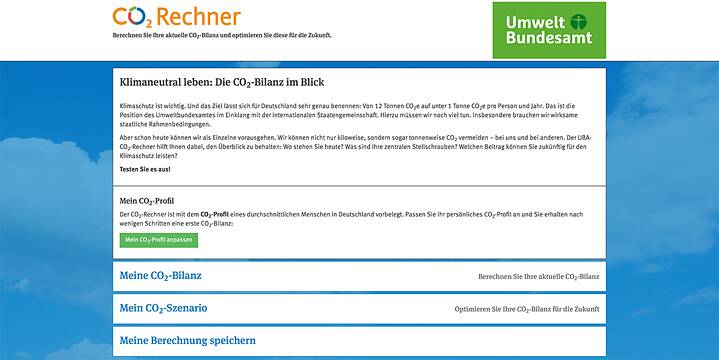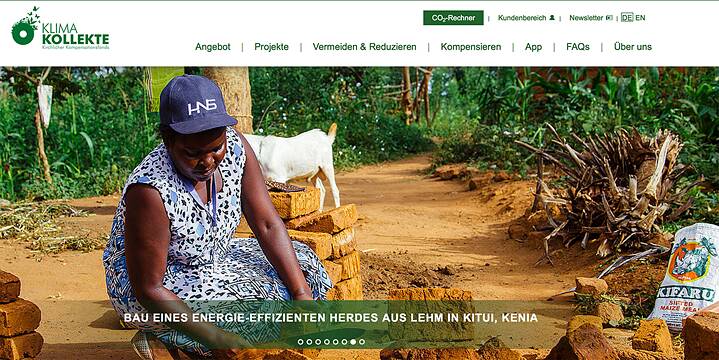Climate Change
Carbon Compensation – a Feel-Good Solution?

Carbon offset schemes promise to compensate for the emissions caused by private individuals – as air travellers, for instance – with donations to climate projects. But are they not just a way of salving guilty consciences?
By Johannes Zeller
Climate change is a hot global topic. Protesters are challenging more than just governments to take action. Climate advocates want every single person to make a contribution because our current lifestyle – driving digitalisation and air travel – puts pressure on the environment. But does that mean we need to stop flying altogether?
A number of organisations offer an alternative: carbon compensation. Climate-aware travellers who feel the need or desire to take the occasional flight can at least compensate for the greenhouse gas emissions that their air travel causes. The principle is simple: they calculate the carbon emissions produced by a flight and then donate an appropriate sum of money to climate protection projects that reduce CO2emissions. The donations are then used to finance activities such as planting trees and building wind turbines. The environmental damage done by flying is thus cancelled out.
Carbon Offsetting for Travel
The non-governmental organisation (NGO) atmosfair operates Germany’s largest carbon offset scheme in terms of annual donation volume. On its website, individuals and companies can calculate how much CO2will be emitted by an upcoming flight or cruise holiday and then make an appropriate financial donation. According to atmosfair, a flight from Berlin to New York, for example, generates more than 1.2 tonnes of CO₂ emissions per Economy-class passenger. The NGO suggests a € 30 offset for this, payable through the website and, if preferred, earmarked for a particular project.
In 2017, nearly € 6 million flowed in this way into hydropower projects in Honduras, efficient cookstoves in India, solar water purification systems in Egypt and other carbon mitigation projects.
atmosfair reckons that less than one percent of all flights booked in Germany are currently carbon-compensated. But more and more people are opting to offset their carbon footprint and a growing number of businesses are discovering the issue for themselves: from 2017 to 2018, the number of flights compensated through atmosfair rose by 50 %, while other offset schemes also reported rising demand.
Reforestation for Online Searches
There are also schemes offering carbon offsets for digitalisation – specifically Internet search activity. Electronic end-user devices such as smartphones, tablets and laptops are not the only things that consume power in the world of digital communication. The servers, networks and routers in the background are also power-guzzlers – and thus cause carbon emissions. In 2015, artist Joana Moll launched the project CO2GLE, which visualises the carbon emissions produced by visits to the Google.com website. According to her calculations, every search on Google causes around 10 grams of carbon dioxide to be released into the atmosphere.
The Berlin-based company Ecosia has developed a search engine with environmental ambitions. It uses its profits to plant trees where its founders think they are most desperately needed – i.e. predominantly around the Equator, where the largest rainforests are located. In the ten years since it was established, the social business has planted nearly 60 million trees. It claims every 45 new searches add another tree to the total.
Of course, newly planted trees do not bind large amounts of carbon dioxide straight away; the impact increases as they grow. Daniel Klein of Münster University’s “Wald-Zentrum” has worked out that a single tree binds around 12.5 kg of carbon dioxide a year over an 80-year time-frame. According to Joana Moll’s calculations, however, 45 searches cause less than half a kilo of CO2, which makes Ecosia not just a carbon-neutral but a carbon-positive project.
Compensation Creates Awareness
With a market share of just a fraction of one percent (Neue Züricher Zeitung puts it at 0.22 %), Ecosia is nowhere near toppling Google from the top spot. Nor is carbon compensation for flights a mass phenomenon. Critics argue anyway that humanity would do better to focus on reducing rather than offsetting its carbon footprint.
The offset scheme organisers basically agree with that view. “Compensation is only the third best option – after avoidance and reduction,” atmosfair CEO Dietrich Brockhagen told Deutsche Welle. But compensation and forestation projects at least make us more aware of our personal ecological footprint. And they do have a mitigating impact. If Ecosia was used for as many searches as Google and continued planting trees at the same rate, the newly forested areas could soon bind 15 % of man-made greenhouse gases. That, at least, is what Ecosia reckons.
